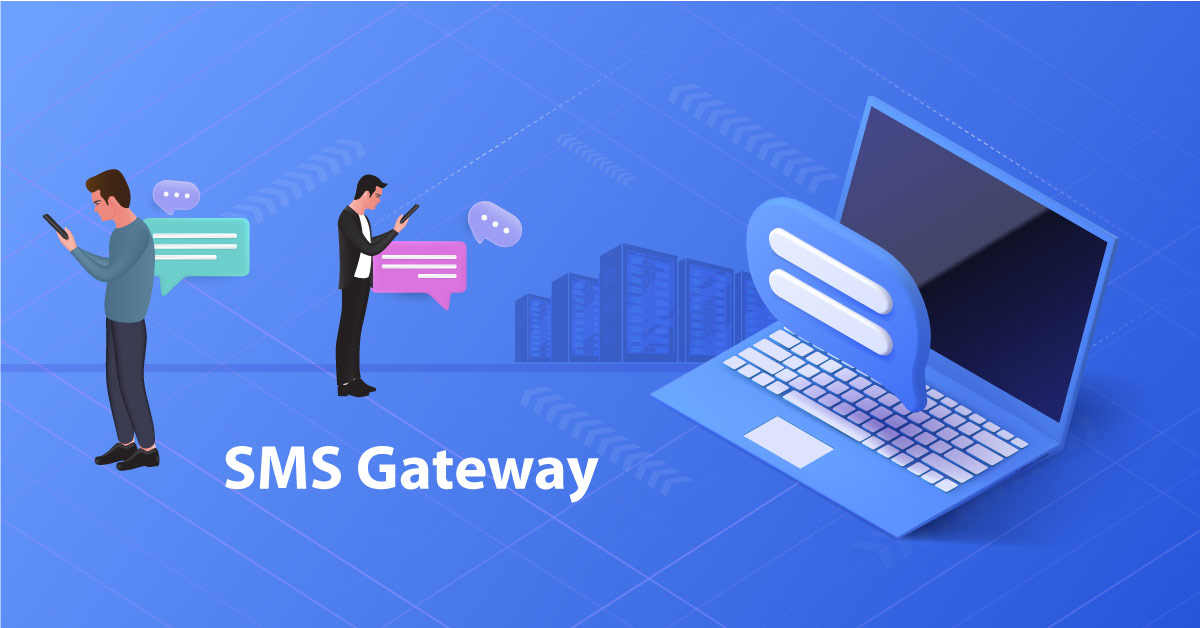In today’s fast-paced digital world, communication is key. Whether sms gateway it’s for businesses reaching out to customers or individuals staying connected with loved ones, the ability to send messages quickly and reliably is paramount. One technology that plays a vital role in this realm is the SMS gateway.
What is an SMS Gateway?
An SMS gateway is a technology platform that enables the sending and receiving of Short Message Service (SMS) transmissions to or from a telecommunications network. Essentially, it serves as a bridge between various communication channels, such as mobile networks, email systems, and web applications, allowing messages to be exchanged seamlessly across different platforms.
How Does it Work?
The functionality of an SMS gateway typically involves several components:
- User Interface: Users interact with the SMS gateway through a user-friendly interface, which can be a web-based dashboard, an API (Application Programming Interface), or even email.
- Message Routing: When a user initiates a message through the gateway, the platform determines the most efficient route for delivering the message to the intended recipient. This could involve routing the message through different carriers or networks.
- Protocol Conversion: The SMS gateway translates messages from one protocol to another, ensuring compatibility between different systems. For example, it might convert an email message into an SMS format for delivery to a mobile device.
- Message Delivery: Once the message is processed and routed, the SMS gateway delivers it to the recipient’s device through the appropriate channel, whether it’s a mobile network or an email server.
Applications of SMS Gateway Services
SMS gateway services find applications across various industries and scenarios:
- Business Communication: Businesses use SMS gateways to send promotional messages, notifications, and alerts to customers. This could include appointment reminders, order confirmations, or marketing campaigns.
- Two-Factor Authentication (2FA): Many online services use SMS gateways to deliver one-time passwords (OTPs) for secure authentication. By sending a unique code to a user’s mobile device, businesses can enhance security and verify user identities.
- Emergency Alerts: Government agencies and organizations use SMS gateways to disseminate emergency alerts and warnings to the public during natural disasters, public health emergencies, or other critical situations.
- Mobile Marketing: SMS gateways are a popular tool for mobile marketing campaigns. Businesses can reach a large audience quickly and cost-effectively by sending targeted promotional messages or discount offers directly to consumers’ mobile devices.
Benefits of Using SMS Gateways
- Instant Delivery: SMS messages are typically delivered within seconds, ensuring that time-sensitive information reaches recipients promptly.
- High Open Rates: Compared to email or other forms of communication, SMS messages have a significantly higher open rate, making them an effective channel for reaching customers.
- Wide Reach: SMS is accessible to almost all mobile phone users, regardless of the type of device or network they use, ensuring broad reach for communication efforts.
- Cost-Effective: SMS gateways offer a cost-effective means of communication, particularly for businesses sending large volumes of messages.
Conclusion
In a world where communication is increasingly digital and instantaneous, SMS gateway services play a crucial role in facilitating efficient and reliable message delivery across various platforms. From businesses engaging with customers to emergency services disseminating critical information, the applications of SMS gateways are diverse and far-reaching. As technology continues to evolve, these platforms will remain indispensable tools for unlocking seamless communication in the digital age.
